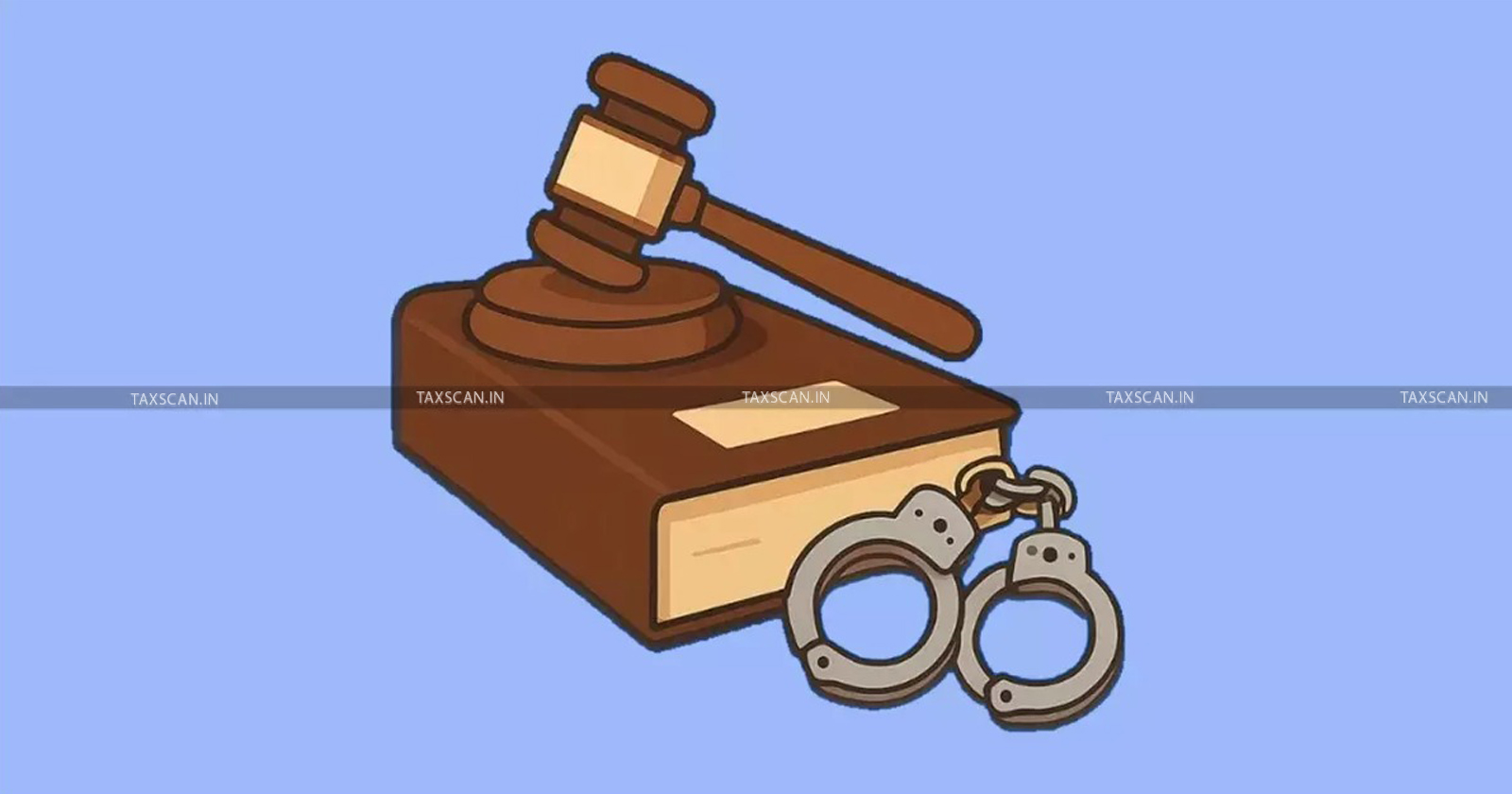Refund of Excess GST Deposit During Inspection: Chhattisgarh HC Directs Adjustment During Final Adjudication or Against Dues [Read Order]
The court observed that authorities must complete further action promptly after inspections under Section 71 of the State GST Act, 2017, and disposed of the petition with these directions.
![Refund of Excess GST Deposit During Inspection: Chhattisgarh HC Directs Adjustment During Final Adjudication or Against Dues [Read Order] Refund of Excess GST Deposit During Inspection: Chhattisgarh HC Directs Adjustment During Final Adjudication or Against Dues [Read Order]](https://images.taxscan.in/h-upload/2025/08/23/2079872-excess-gst-refund-taxscan.webp)
The High Court of Chhattisgarh, directed that any excess Goods and Service Tax (GST ) deposit made during inspection be adjusted during final adjudication or against dues payable to the petitioner.
Siddhant Steels,petitioner-assessee,filed a petition under Article 226 of the Constitution of India seeking a refund of Rs.10,91,539/45, which was deposited in excess during proceedings under Section 71 of the State GST Act, 2017.
The Additional Commissioner of State GST, Raipur, authorized officers to inspect the petitioner’s premises on 19.03.2025. During the inspection, a panchnama was prepared, and a show cause notice for cancellation of registration, dated 20.03.2025, was issued to the proprietor on the ground that registration had been obtained by fraud, misstatement, or suppression of facts as a “BOGES DEALER.”
Know the complete aspects of tax implications of succession, Click here
The proprietor recorded his statement on 21.03.2025, admitting a tax liability of Rs.1,08,461/-, and under coercion, deposited Rs.12 lakhs in cash through GST DRC-03. Subsequently, the authorities dropped the cancellation proceedings with effect from 24.03.2025.
The petitioner complained to the Commissioner, GST Office, Raipur, on 05.04.2025, stating that the deposit was made under duress and applied for a refund. As no order was passed on the refund, the petitioner filed a writ petition before the High Court on 08.06.2025.
The petitioner counsel stated that the excess amount was forcibly deposited by GST officers during inspection or investigation, violating Instruction No.01/2022-23 issued by the Finance Ministry on 25.05.2022. He added that if the deposit was found to be excessive, it should be adjusted after final adjudication and refunded to the petitioner-firm.
The state counsel submitted that data from the Business Intelligence and Fraud Analytics (BIFA) software showed that the petitioner-firm had paid no tax in cash from 2017-18 to 2022-23, Rs.76,000 in 2023-24, and Rs.96,000 in 2024-25, which raised suspicion of tax evasion. He stated that there was also a mismatch between E-Way bill details and the input tax credit passed on to several beneficiaries, resulting in a high-risk score.
Complete Ready to Use PDFs of 200+ Agreements Click here
He added that the Proper Officer found a prima facie tax liability of Rs.25 lakhs, and as the petitioner failed to submit supporting documents, Rs.12 lakhs was voluntarily deposited. He explained that Sections 73(5) and 74(5) of the Act allowed such voluntary deposits and that the refund application was rejected on 27.06.2025 since it was filed under Section 74(5) during proceedings under Section 71.
 Also Read:Magistrate Issued Non-Bailable Warrant for Offence u/s 276C(2) of Income Tax Act, Punishable Max 3 Years: Bombay HC Quashes Order [Read Order]
Also Read:Magistrate Issued Non-Bailable Warrant for Offence u/s 276C(2) of Income Tax Act, Punishable Max 3 Years: Bombay HC Quashes Order [Read Order]
He further admitted that no notice had been issued under Sections 73 or 74 but stated that he had no objection to adjusting the deposited amount during final adjudication.
Justice Deepak Kumar Tiwari heard both counsels and directed that the amount deposited by the petitioner-firm, if found to be in excess, should be adjusted during final adjudication or against any dues payable in its favour.
The court also observed that authorities must complete further action promptly after inspections under Section 71 of the Act of 2017. With these directions, the petition was disposed of.
Support our journalism by subscribing to Taxscanpremium. Follow us on Telegram for quick updates


